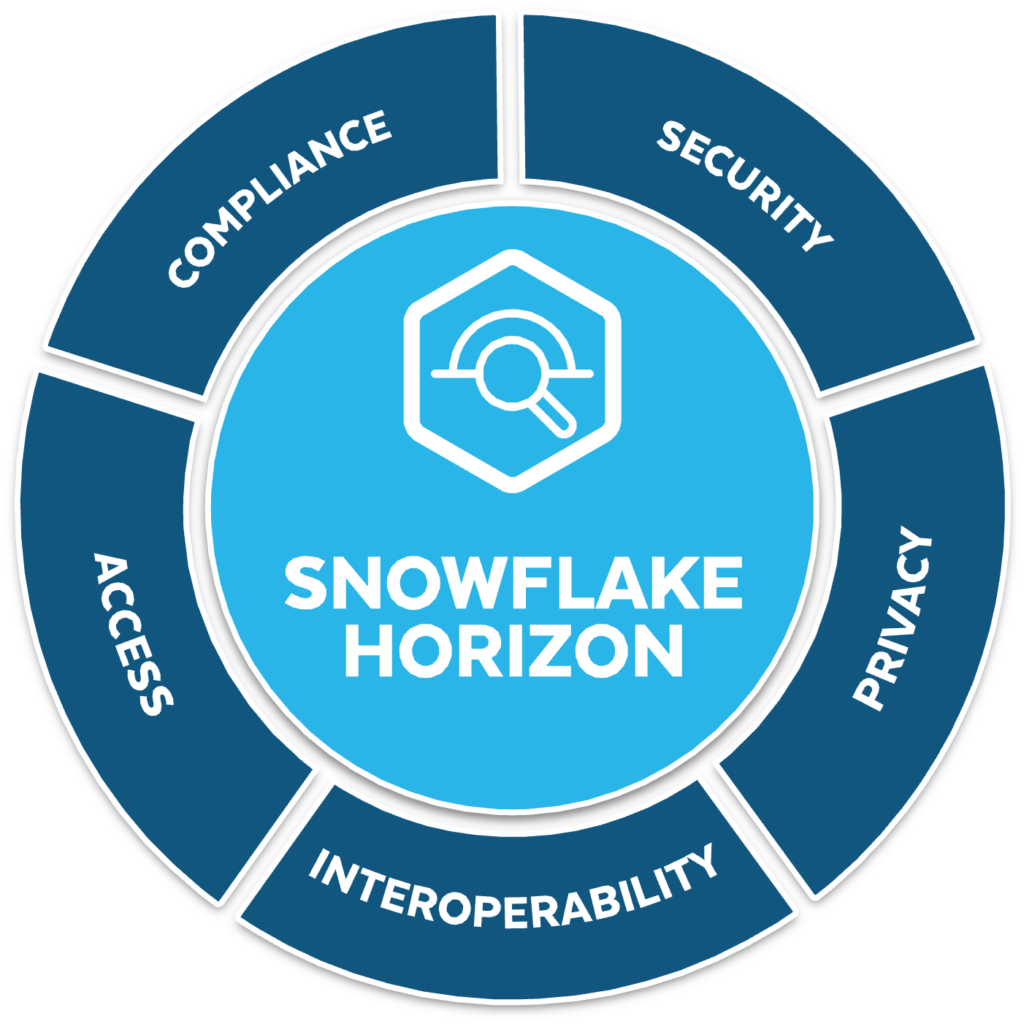Every organization gets bombarded with data from all sides. There is a lot of pressure to leverage data insights to improve corporate performance. However, deciding how to organize that data can be difficult.
There is a yearning and demand for data democratization due to the massive amount of data to analyze and new technology that enables non-technical people to make sense of it.
This article will discuss the following:
- What Is Data Democratization?
- Data Science Democratization
- Propelling Data Democratization
- Data Democratization: A Sign of Evolution
- Conclusion
This chapter is a part of our Comprehensive DataOps guide.
What Is Data Democratization?
Data democratization makes digital data available to non-technical users of information systems, mainly for analytic purposes (for example: when using BI tools). Data democratization is a concept that refers to measures that aim to improve the data’s transparency and availability to non-technical people inside an organization. This allows business users to make better data-driven business decisions.
Data democratization means that, unless there is a specific need, everyone has access to data and that there are no intermediaries at the data’s entry point to create a block. It means that there is easy access to the data and a mechanism for employees to comprehend it to speed up decision-making and identify opportunities for a business. The goal is for anybody, at any moment, to use data to make decisions with no obstacles to entry or comprehension.
It is also the cornerstone for self-service analytics, a method for non-technical users to acquire and analyze data without the need for assistance from a data steward, system administrator, or IT.
This trend began when businesses discovered that data may provide important ideas to multiple users but that these people lacked the knowledge or training to properly use the present technologies for retrieving and analyzing the data. Several approaches reduce data access barriers, characterized as a shift in organizational thinking that allows individuals to access critical data.
Why should Data be Democratized?
Advocates of data democratization believe it is critical to spread information across all functional teams to obtain a competitive edge. The more employees with various skills who can quickly and easily access data, the easier it will be for the company to uncover and act on crucial business discoveries. Many pros feel that data democratization will change the game. Allowing data access to everyone at any level in the organization empowers people at all ownership levels and accountability to use the information in their decision-making.
Challenges and Concerns of Data Democratization
There are several reasons why data democratization has not yet taken hold in the data workspace. Furthermore, some firms are still concerned that non-technical staff may misinterpret data, leading to these employees making poor judgments based on their faulty interpretation of the data. Furthermore, the greater the number of people who have access to the data, the greater the danger of data security and the more difficult it is to ensure data integrity.
Data in Silos
Data lakes and business intelligence platforms have shown to be a success for businesses to collect data into data warehouses. That takes care of the storage issue. However, a company’s current ability to develop a single source of trusted data that everyone can rely on is difficult when data gets held in many silos. Thus, the construction of a data inventory is required.
Poor Tooling
Current business intelligence and data analysis solutions may lack the requirements for today’s self-service analytics environment. In addition, the organization may suffer from poor data management.
Limited Access
The problem of not knowing whether or not one can trust the data is related to the problem of not being able to discover it. The traditional approach is to set up a top-down governance framework in which IT maintains the data, assures data quality, defines business rules, and does the analysis.
Access controls are usually only given to verified executives. They did not allow for the free flow of information necessary to move with agility by constructing a wall between the individuals who handled the data, ensured data quality, conducted the analysis, and the business users who needed to act on it.
Data Science Democratization
Many companies have started their data science adventures by establishing data science centers of excellence, recruiting the best data scientists they can find, and concentrating their efforts on a great deal of information.
Data science adds far more value than just big data analytics, from better defining the problem to analyzing what small information is available, testing, and producing stunning visuals. Data science has huge promise for providing improved insights.
Everyone must share in the fun if data science is genuinely transformative. It is indeed a constrictive proposal to confine data science to only professionals.
To implement data democratization techniques, companies and organizations appear to concentrate on using structured programs to provide broader access to data, including protocols that ensure that users can better comprehend and utilize the data while maintaining security standards and protective measures. Breaking down information in master data silos into data marts that several teams can safely use could be part of these endeavors.
Getting Started
While the prospect of a company-wide data science transformation may seem daunting, you can take some steps to get started.
Concentrate on issues that have the greatest strategic value
Consider the problem’s or opportunity’s long-term strategic importance. Companies must also take into account the likelihood of project success. Success is defined as delivering business benefits that are equal to or higher than those promised by its proponents.
Democratize data science within the company
Numerous strong business intelligence tools are available, and automated machine learning techniques rapidly allow good business analysts to undertake complex analyses. It is vital for the personnel to understand different forms of data, what can be done with them, and how analytics and AI may provide a competitive advantage with data. Employers should search for basic data science abilities in all new workers, regardless of position.
Re-assign data scientists and re-prioritize data science initiatives
The most senior and experienced data scientists in a firm should get reassigned to tactical data science. One of the functions of a center of excellence can determine whether limited data science resources are solving the organization’s most pressing issues.
Other data scientists may be responsible for aiding other firm employees in resolving problems as they arise, selecting analytical methods and visualizations, assessing projects to ensure that outcomes are sound, and teaching big groups of individuals.
Create and articulate a broad data science strategy
Even if there is little data, it may seem apparent that organizations should devote their finest data scientists to strategic possibilities, yet many do not. Hence, it appears to be far more rational to involve everyone in data science than relying just on a small number of highly paid data scientists.
Propelling Data Democratization
The enormous volume of data generated is one of the reasons why data democratization is becoming increasingly appealing. There have also been technological advancements that assist non-technical persons in making sense of the data.
Software for Data Federation
This software collects data from various sources and organizes it into a virtual database using metadata.
Cloud Storage
Using cloud storage as a central location to store data is a way of avoiding the data silos that have hampered data democratization in the past. Database management security features encrypt or disguise data to increase security.
Virtualization Software for Data
Data virtualization software allows users to retrieve and manipulate data without knowing the technical intricacies. This virtualization eliminates the need to clear up data inconsistencies or file formats that are not compatible.
Self-service Business Intelligence Applications
These programs make data analysis easy to understand for non-technical consumers. Data can now get analyzed by a machine and explained to non-technical individuals.
Data Democratization: A Sign of Evolution
Any company that democratizes data must have strong governance to ensure that the data gets managed properly. Everyone in the company should receive comprehensive training on using data effectively to drive company initiatives and success. Expect data democratization to be a gradual process in which each modest victory gained by non-technical users as a result of data access adds up to illustrate the virtues of data democratization ultimately.
Conclusion
The most recent visualization techniques and reporting tools have democratized data access. It is slightly more difficult to learn and use than the spreadsheets and charting apps before, but with far better renderings. These tools have leveled the playing field, making a data catalog even more necessary to support them. More current data catalogs go beyond a simple data inventory by incorporating human involvement, allowing everyone to have conversations about the data while enhancing its quality.
Democratizing data enables every individual involved in the team to share their insight and participate more where they are needed. This implementation helps boost the company’s efficiency, leading to a greater success rate.
Learn more here about how Satori can help you maintain data security data governance across your data sources while accelerating data democratization. Satori, as part of your data stack, can make sure your data access is secure, and enabled for data consumers without creating a burden on data engineering.



